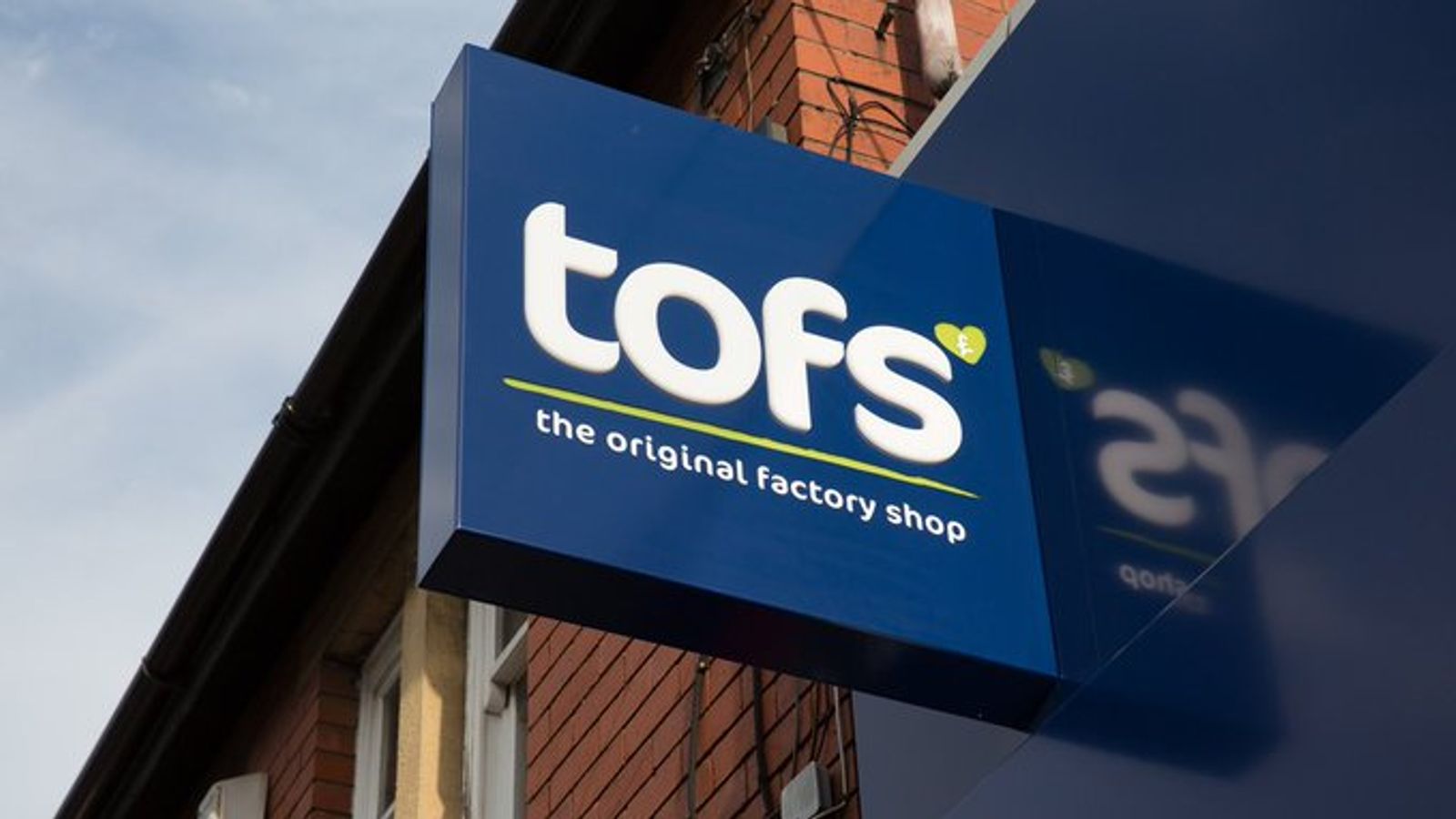The family behind Lakeland, one of Britain’s most prominent privately held retailers, is exploring a sale after more than 60 years amid growing cost pressures sweeping the industry.
Sky News has learnt that Lakeland, which is controlled by the three sons of founder Alan Rayner, has appointed advisers to gauge the appetite of prospective buyers for a deal.
Lakeland, which was established in 1964 as Lakeland Plastics, employs roughly 1,000 people across a chain of 59 stores, at its head office in Windermere and its distribution centres.
Money latest: Experts reveal the best wines for under a tenner
City sources said on Friday that the company had engaged Teneo as financial advisers, with potential bidders having been contacted in recent days.
PricewaterhouseCoopers, the accountancy firm, is understood to have been appointed to advise HSBC, Lakeland’s principal lender.
Like most retailers, Lakeland is said to be facing a significant hit to its finances as a result of tax hikes announced by Rachel Reeves, the chancellor, in her budget in October.
The increase in employers’ national insurance, which comes into effect in April, has provoked particular protest from retailers and hospitality businesses, with industry bodies warning that the changes will be a tipping point for many employers.
Last week, the operator of Pizza Hut’s British restaurants was rescued only after briefly falling into administration, with the looming tax rises projected to wipe out half of next year’s profits.
J Sainsbury, the supermarket giant, said on Thursday that it would axe 3,000 jobs as part of a transformation programme accelerated in part because of its growing cost base.
The national living wage and changes to business property relief are also among the significant pressures facing the retail and hospitality sectors.
While the chancellor has signalled that she is prepared to make changes to her proposals in areas such as the tax treatment of non-doms, she has ruled out changing her employer NICs overhaul.
Responding to an inquiry from Sky News, a spokesperson for the company said: “Lakeland is one of the UK’s most loved and trusted brands.
“In response to the challenging retail environment, we are considering a number of options to ensure a sustainable and long-term capital structure, which builds on our sixty-year heritage as one of the UK’s most innovative homeware retailers.”
Lakeland was founded in 1964, when Mr Rayner began selling plastic bags for home freezing from his family garage in the Lake District.
It now sells more than 4,000 home and kitchen products.
The sale process is at a very early stage, with little indication at this stage about the identity of potential bidders or the structure of a deal.
Accounts filed at Companies House for 2023 warned that it entered that year “facing the most challenging economic conditions for several decades with high inflation leading to falls in demand for many traditional categories”.
Sales during the year were broadly flat at £153m, with Lakeland’s auditors warning of a “material uncertainty… [about] the company’s ability to continue as a going concern”.
The accounts added that it completed the renewal of its banking facilities with HSBC after the year-end, comprising a £7.5m revolving credit facility expiring in May 2028 and £10m trade finance facility.
Read more from Sky News:
UK’s biggest mortgage lender sees three rate cuts this year
Economy faces four years of budget pain, Brewdog co-founder warns
Sainsbury’s to cut over 3,000 jobs
Andrew Griffith, the Conservatives’ shadow business secretary, said of Lakeland’s prospective sale: “This is a tragedy for British cooks and for the country.
“Any one of the NI hike, the family business ‘death tax’, rising business rates or the union-inspired Employment Bill would be challenging.
“All [of them] coming together is just too much for even some of our oldest and most successful businesses.”







